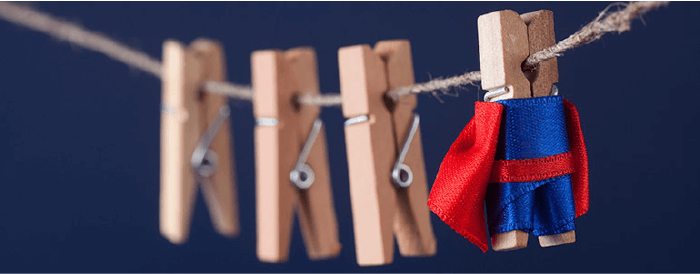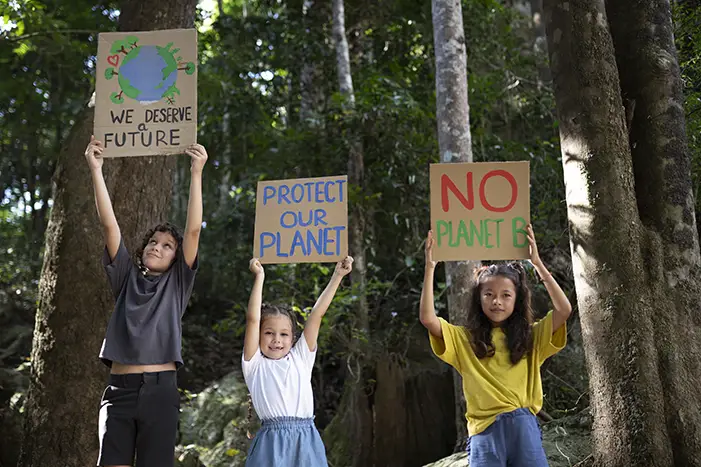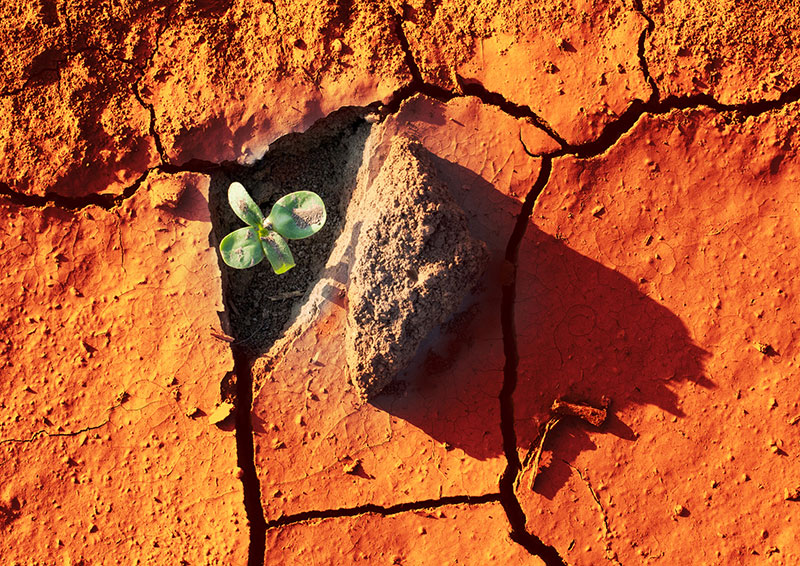Commitment to a passionate calling can be both energising and debilitating. Activism predominantly attracts big-hearted compassionate people who tend to place the needs of others before their own. It is not unusual for the activist to place family, friends, colleagues, and animal companions in a circle of kindness and compassion and then unconsciously relegate themselves on the outer fringes, deprived of warmth and self-kindness. As a client once said when reflecting on her place in the circle of compassion, “yes, I am out there in the cold, on my own, with nothing to light a fire and with only a shitty blanket full of holes to keep me warm. How did that happen?”
Much has been written about activism burnout, I would however, like to broaden the discussion by adding compassion fatigue and trauma because they too are major players. (I will explore the effect of trauma on the activist in Part B of this series of musings) By being aware of what these conditions entail and what signs to look for one can act to reduce the risk of developing compassion fatigue. Many dedicated activists have been driven from their cause feeling broken and despondent and it doesn’t have to be this way.
Compassion fatigue hits at the core of activism – it’s empathy. For ironically it is our empathy that is also our vulnerability. It is empathy and open-heartedness that brings people together to act and raise awareness. Regardless of whether it is environmental, animal, social or political changes that activist passionately seeks to manifest, if they are unaware of what this condition entails and how it progresses it can grind down empathy and harden hearts.
Firstly, let’s discredit any myths around heroics, stoicism and invulnerability. One of my all-time favourite quotes is from community physician Naomi Rachel Remen, who states, “the expectation that we can be immersed in suffering and loss daily and not be touched by it, is as unrealistic as expecting to be able to walk through water without getting wet.” Remen poignantly reminds us of the harmful belief that we can do this work and somehow not be affected.
The belief that we can keep on giving without restoring our energy and internal resources without consequence. That belief that we are superheroes, made of steel impervious to the effects of grief, rage, and trauma. The belief that by hardening our hearts as a means of defence against what we face in the work will somehow protect us, when in fact it does the opposite. There is no way one can be involved in activism and remain unchanged by the emotional, physical, spiritual and psychological demands.

Compassion fatigue has been described as ‘the cost of caring’. This cost refers to the profound emotional and physical exhaustion that those supporting the traumatised, suffering and vulnerable can develop over time if left unchecked. This exhaustion progressively erodes empathy, joy and connection. The cumulative erosion of empathy and resilience is so insidious that others can detect changes in the activist before they do. Empathic detachment, coupled with emotional depletion are distinctive signs of compassion fatigue. Be aware of feelings of shame and guilt that may arise when you notice changes in your empathic engagement.
If left to follow a downhill trajectory, we may find that we are no longer enthusiastic about our activism and life in general, because the effects are all-encompassing. We find it hard to restore our energy and revitalise ourselves. Imagine a set of traffic lights, for example, when we come to this stage of depletion we are well and truly in the red zone. It feels says trauma specialist Francoise Mathieu as if we are “running on empty”.
Any person, regardless of age, race, gender, or ethnicity can develop compassion fatigue. This condition is very real. The implication is not that one is weak, it means they are a caring and compassionate human being. It’s a two-edged sword, because the most effective activists are also the most vulnerable, this is because of their enormous capacity for feeling and empathy.
Recognising our unique early warning signs of stress is paramount in keeping us in the lower end of the amber zone. This includes paying attention to cautionary physical signs such as sleep disturbance, increased susceptibility to illness, headaches, nausea, and shallow breathing. Our body recognises stress long before our conscious mind does and because most of us live in our heads we miss a whole lot of information and only notice when our body is screaming at us.
When strong emotions, anger, sadness, fear doubt flood through your consciousness be mindful that you are not creating habits that temporarily dull the pain without healing the source. For example, self-medicating through alcohol, drugs, comfort eating, gambling, TV binge watching and overspending. You may also notice a less obvious distraction of pushing harder and accomplishing less. Step away and reflect, because over time this behaviour can take on a compulsive life of its own.
An overidentification with the role as activist places one at risk of compassion fatigue and also begs the questions who am I outside of activism? What heroic beliefs do I hold that drive my actions? Do I have an exaggerated sense of responsibility concerning my activism?
Deep inside there is a part of you that recognises that you are more than your role in the cause, that you are a multi-faceted being. When you don’t take the time to listen to your inner promptings and develop other aspects of yourself and your life, you are placed in a precarious unsustainable position and at the mercy of extreme emotional highs and lows. When an activist gives everything to the cause there is no life force left for themselves, let alone loved ones, friends and colleagues who invariably end up getting the crumbs.
Self-compassion is the remedy for compassion fatigue and we will explore this and other strength-building practices in a later musing. If activism is something you see yourself involved in for the long term then I invite you to spend some time researching compassion fatigue and familiarising yourself with this condition.
The world needs courageous passionate people willing to make a stand against a life-denying system and for them to do this important work in a sustainable way they need to keep themselves healthy in mind, body and soul.








